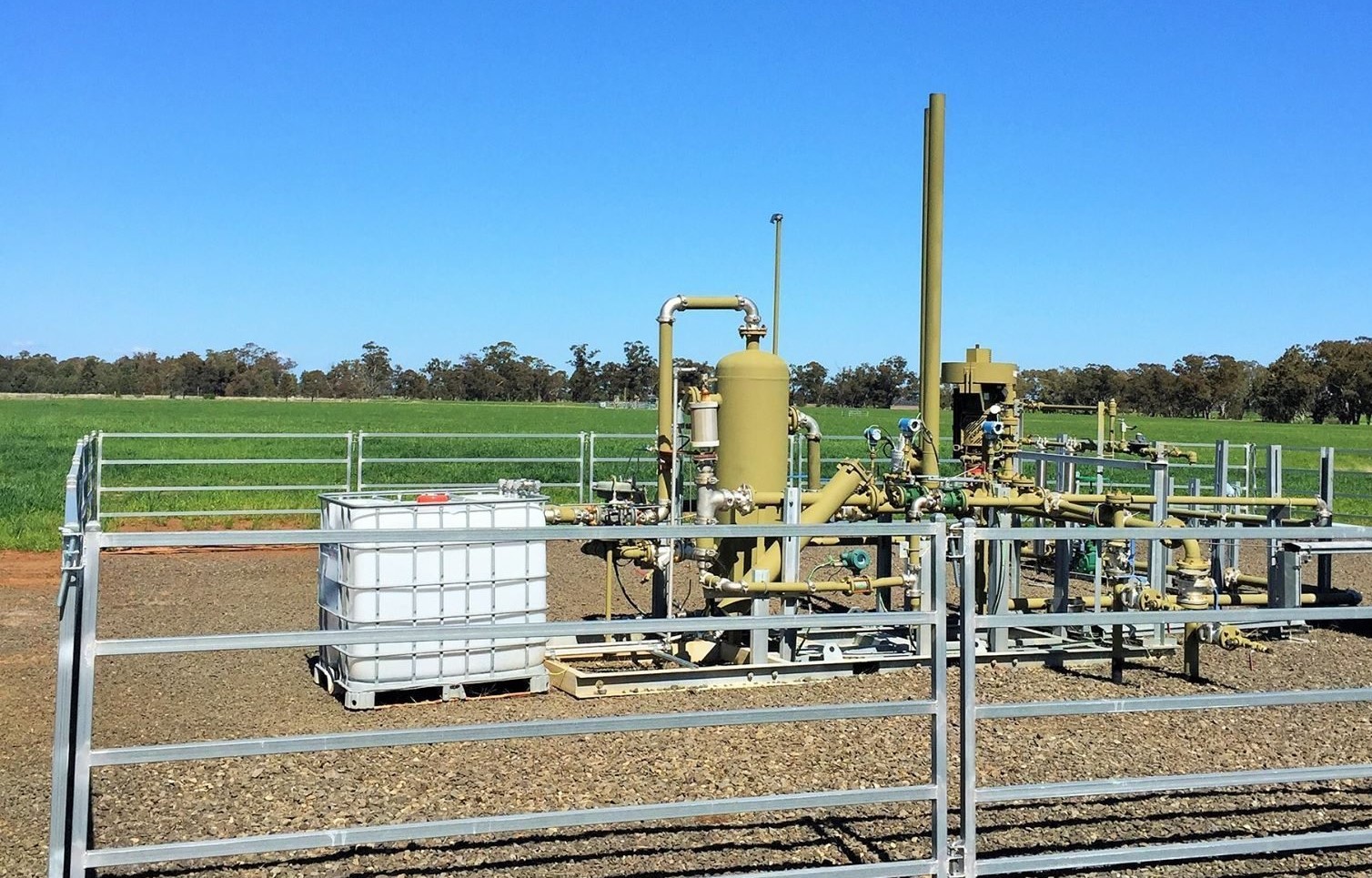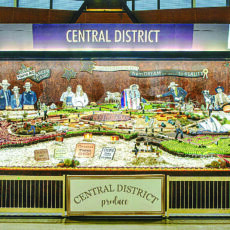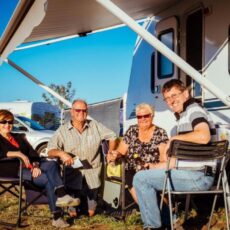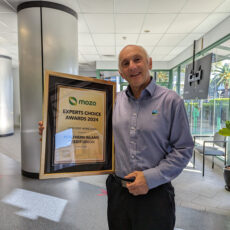The Independent Planning Commission has approved the $3.6 billion Santos Narrabri gas project.
In a statement, the commission said stringent conditions – 134 in total – would be imposed for the phased approval of a multibillion-dollar coal seam gas field in north-western NSW.
Santos sought development consent for up to 850 wells and infrastructure across the 95,000-hectare project area which takes in the Pilliga State Forest and private farmland.
In its statement of reasons for the decision, the commission said: “Following its detailed deliberations, the commission concludes the project is in the public interest and
that any negative impacts can be effectively mitigated with strict conditions.”
“The commission has granted a phased approval that is subject to stringent conditions, which means that the applicant must meet specific requirements before the Project can progress to the next phase of development … the commission notes that the approval does not include consent for the proposed gas fired power station at Leewood, the Westport workers accommodation or non-safety flaring infrastructure.”
Santos has said the project will create up to 1300 construction jobs and 200 operational positions.
The Department of Planning, Industry and Environment finalised its whole-of-government assessment of the project in June this year.
It came to the commission for determination after almost 23,000 public objections were received during exhibition.
Commissioners Stephen O’Connor (panel chair), John Hann and Professor Snow Barlow were appointed to consider the state significant development application.
The commissioners met with Santos, the department and its Water Expert Panel, Narrabri Shire Council and other key government agencies, and inspected the site and surrounding areas.
They also held a seven-day electronic public hearing – as directed by the NSW Minister for Planning and Public Spaces – to listen to the community’s views on the project.
Issues raised at the public hearing and in more than 11,000 written submissions to the commission included groundwater impacts; climate change impacts from greenhouse gas emissions; biodiversity impacts; impacts on agriculture; bushfire impacts; employment impacts; health impacts; impacts on Aboriginal cultural heritage; and management of waste (including salt).
To order photos from this page click here




